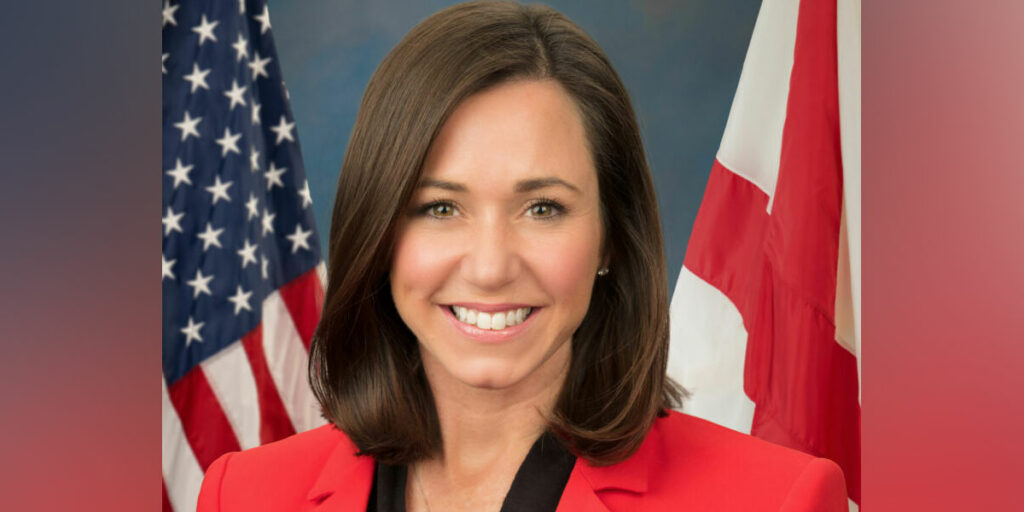WASHINGTON – As COVID rampaged through the population, the pandemic created a demand for telehealth services.
And Americans continue to rely on those services. In fact, last year, more than half of American patients utilitized telehealth services.
To highlight the importance of expanding access to those services, which he called a “lifeline,” U.S. Sen. Tommy Tuberville joined a bipartisan group of colleagues in reintroducing the Creating Opportunities Now for Necessary and Effective Care Technologies (CONNECT) for Health Act.
The legislation was cosponsored by Tuberville (R-Auburn) in the 117th and 118th Congresses.
This year’s bill would expand the services under Medicare, make COVID-19-related telehealth flexibilities permanent, improve health outcomes, and make it easier for patients to connect with their health care providers.
“As Alabamians fought the pandemic, telehealth services provided a lifeline by bringing doctors and nurses into homes in rural communities, increasing access to medical care and ultimately saving lives,” said Tuberville. “Telehealth services should reflect the cutting-edge technologies being developed in America today. Many Alabamians rely on these services, and it is important Congress works to enable access to quality care for every American, no matter their ZIP Code — this legislation would make sure that is true.”
Tuberville was joined by Alabama colleague Sen. Katie Britt (R-Montgomery) and 54 other senators in cosponsoring the legislation.
First introduced in 2016, the CONNECT for Health Act remains the most comprehensive telehealth legislation in Congress, according to a news release from Tuberville’s office.
Several provisions of the bill have since been enacted into law or adopted by the Centers for Medicare & Medicaid Services (CMS), particularly in response to the COVID pandemic. These include provisions to remove restrictions on telehealth services for mental health, stroke care, and home dialysis.
The release said the 119th Congress version of the CONNECT for Health Act would build on this progress, including new and revised provisions designed to expand access to telehealth. Specifically, the legislation would:
- Permanently define originating sites as the location of the patient
- Permanently allow health centers and rural health clinics to provide telehealth services
- Expand eligibility for health care professionals to use telehealth services
- Remove unnecessary in-person visit requirements for telemental health services
- Allow for the waiver of telehealth restrictions during public health emergencies
- Require more published data to understand how telehealth is being used, its impact on quality of care, and how it can be improved to support patients and healthcare providers











